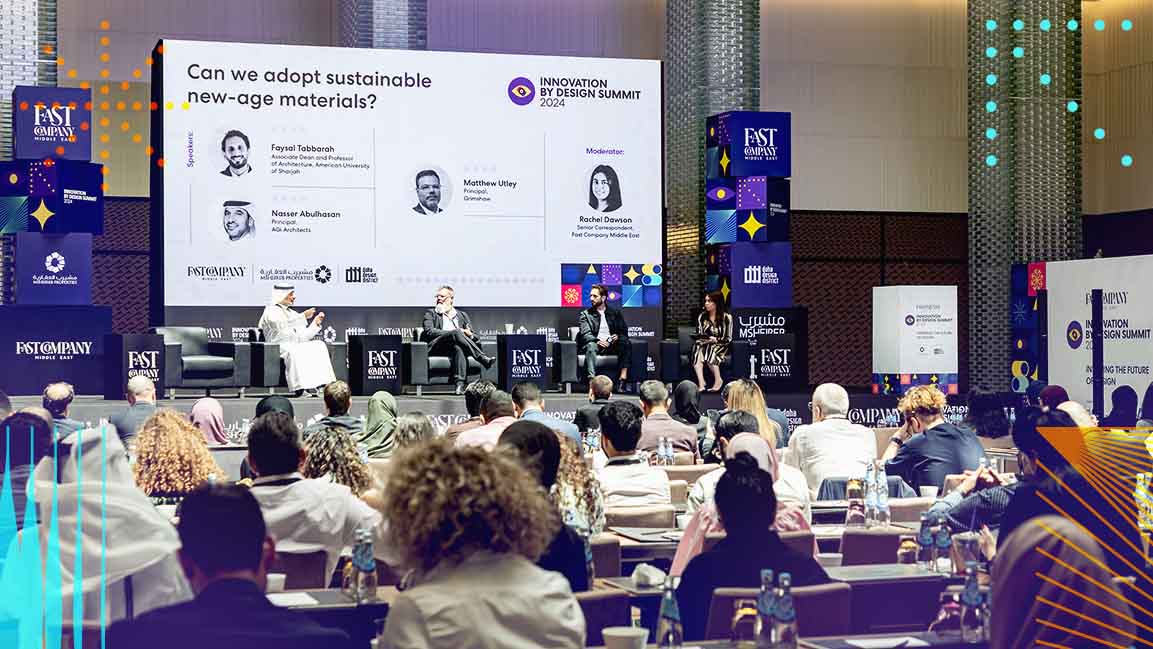- | 1:00 pm
Business leaders don’t get up-to-date climate data. That could spell disaster
A sustainability expert says it’s time for companies to get their own up-to-date climate and environmental risk data as well as the expertise required to apply it to prepare for what’s to come.

Is your company relying on obsolete data to manage enterprise risk? If so, it’s sure to catch up with them. Here’s why.
Businesses face unprecedented hazards ahead from complex and interconnected environmental risks. These risks extend to every part of businesses, particularly operations, supply chain, and employees. Among other things, they arise from the converging crises of:
- Climate change
- Water scarcity
- Biodiversity loss
- Food insecurities
Business strategies require up-to-date risk data and analyses, which most business leaders are not getting because the government reports they rely on are lagging indicators. Without up-to-date insights, most companies are ill-prepared for what lies ahead.
IN THIS ERA OF CHANGE, WHERE’S THE DATA?
“We’re seeing changes today in the environment that we didn’t expect for another 10, 20, or even 50 years,” said Dr. Thomas Armstrong, the former director of the U.S. Global Change Research Program, which is responsible for the National Climate Assessment. “COVID caught us by surprise and shut down major parts of the whole global supply chain. I’m afraid that’s just the beginning of what could happen because of the convergence of multiple interrelated and compounding crises.”
To avoid big bad surprises, companies need to integrate these risks into operational, supply chain, and people strategies. Robust strategies require up-to-date data and real-time insights.
“Unfortunately, businesses rely on government reports that aren’t keeping pace with the change that is occurring. That could lead to big failures,” Armstrong stated.
Today’s mainstream environmental information is simply not actionable. It takes too long to generate government reports on the impacts of environmental change. For example, a 1,000-year flood event means that based on past statistical data, there is a 1 in 1,000 chance that such an event will happen in a given year. Yet, the U.S. had four 1,000-year flood events in 2022.
Events like these show that probability statistics for hazardous events are outdated, which means risk management strategies that rely on these statistics are poorly informed. Governmental reports also don’t help businesses understand how vulnerabilities in business operations expand as these overlapping crises converge.
A TWO-POINT APPROACH TO ADD TO STRATEGIC PLANNING
“Given new understandings of how climate change could destroy wealth faster than business leaders currently think, companies must quickly get their heads around integrating climate-related risks and opportunities into strategic planning,” explained futurist Sanjay Khanna.
To start, you need to get good data and tailored analyses of your company’s exposure and vulnerabilities to environmental risks. Climate change is a major driver. That’s why up-to-date climate data is critical for all locations of operations and key supply chain partners.
Next, integrate the insights from the data into risk management and business strategies.
Many companies benefit from the insights of experts who understand these converging crises and can translate risks into operational strategies. This requires experience modeling and planning for unprecedented climate and environmental impact. Few companies have these skills in-house. Companies need to seek experts such as climate scientists and futurists with access to the most up-to-date data, sustainability strategists, and risk management experts.
To build a truly comprehensive approach, these data and insights need to be shared widely within the company, regardless of which part of the organization sponsors the analysis. Chief operating officers, risk management directors, chief sustainability officers, and supply chain managers need to work together to address these risks before it’s too late to address them.
GLOBAL BUSINESS, GLOBAL RISK, GLOBAL DATA NEEDS
The risks are not isolated to one part of the world. A company needs data and insights for locations along its value chain.
Armstrong and other climate leaders predict that supply chains that rely on cheap labor are particularly vulnerable.
“Globalization has allowed companies to outsource production to places where labor is cheaper, and environmental regulations are weak. However, it’s hard to work for a subsistence wage making cheap consumer products if you don’t have water to drink or you’re unable to work due to heat exhaustion. That’s going to be the reality in some of the largest export economies like India, China, and Bangladesh,” said Dr. Jeremy T. Mathis, Professor of Environmental Security at Georgetown University.
Similarly, it makes little sense to expand operations—manufacturing plants or call centers—in areas predicted to suffer heat domes, water shortages, and energy brownouts.
These risks are not limited to the global south. North America and Western Europe will be significantly impacted in ways that could destabilize economies and impact production and worksites. For example, in 2022, the U.S. experienced:
- Hurricane Ian, which devastated southwestern Florida and became the third-costliest weather disaster on record in the U.S.
- Four separate 1,000-year floods during the summer of 2022.
- 18 separate billion-plus dollar weather and climate disasters.
All these events shut down business operations, cut transportation, and impacted millions of employees, suppliers, and customers.
These complex and interconnected risks from climate change, biodiversity loss, water scarcity, and food insecurity will not wait for government reports to catch up with them. It’s time for companies to get their own up-to-date climate and environmental risk data as well as the expertise required to apply it to prepare for what’s to come.







































